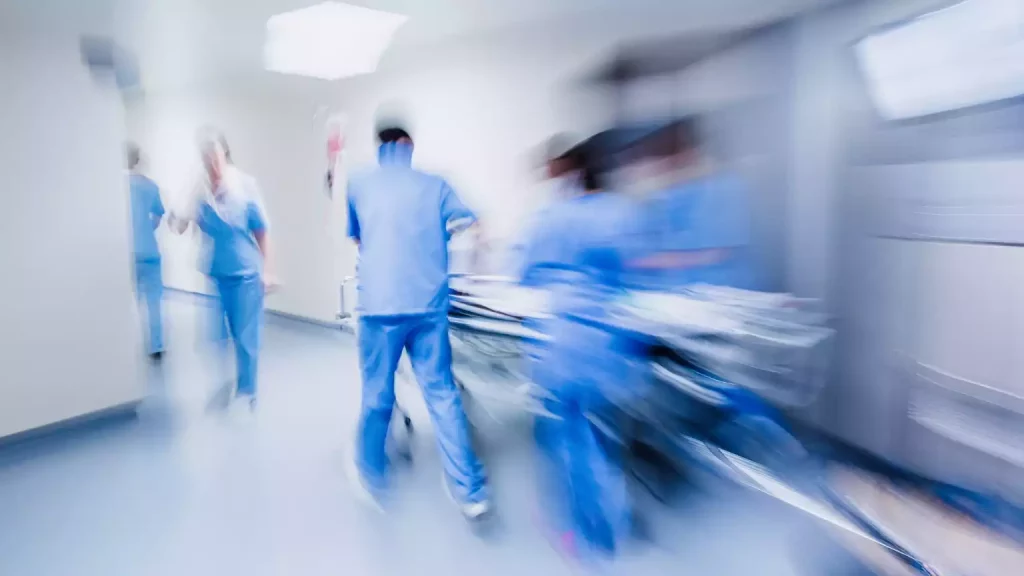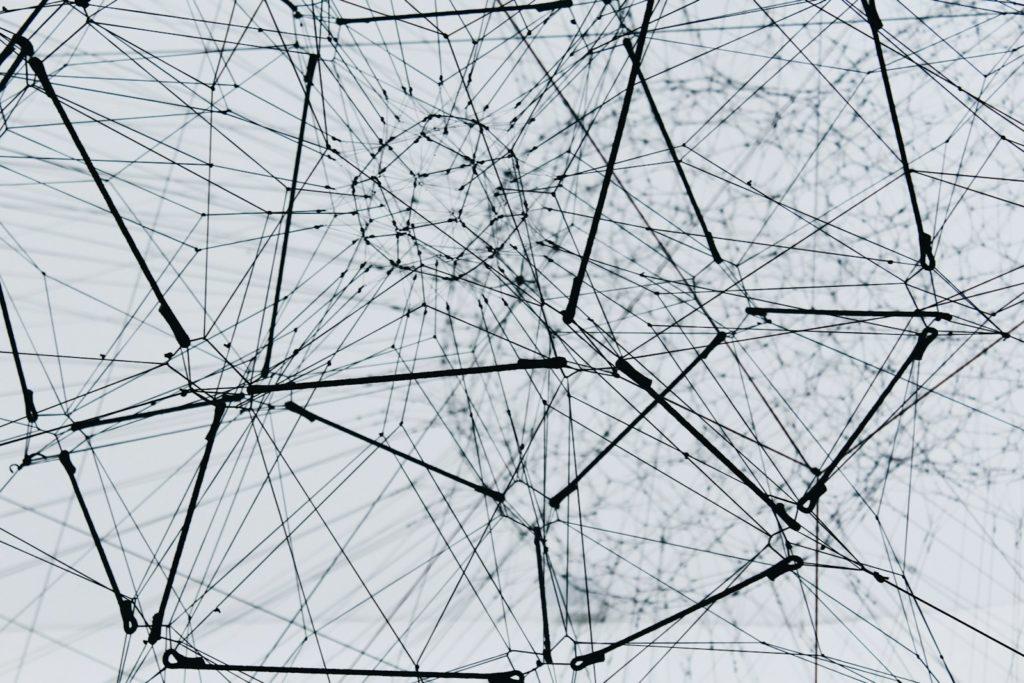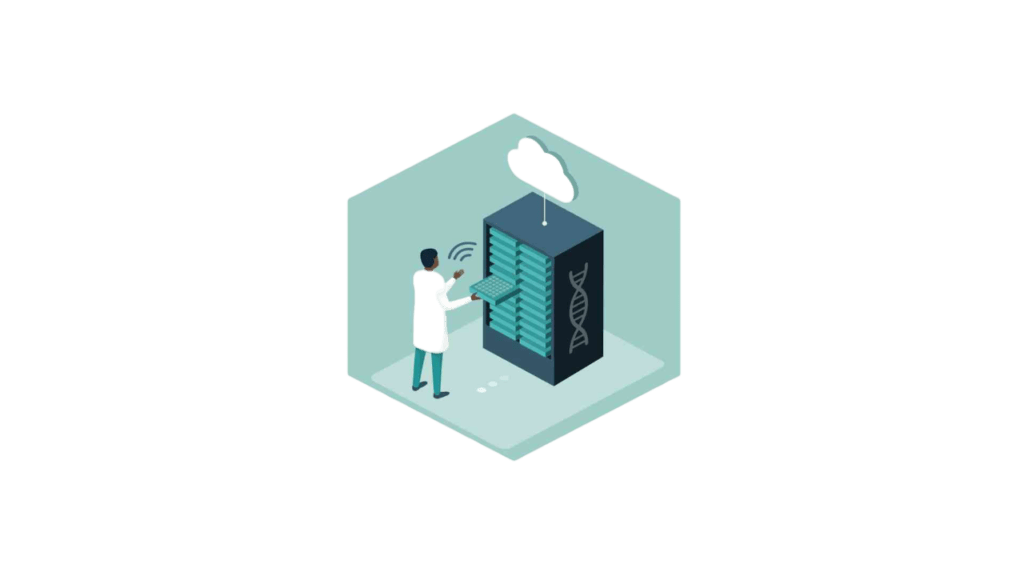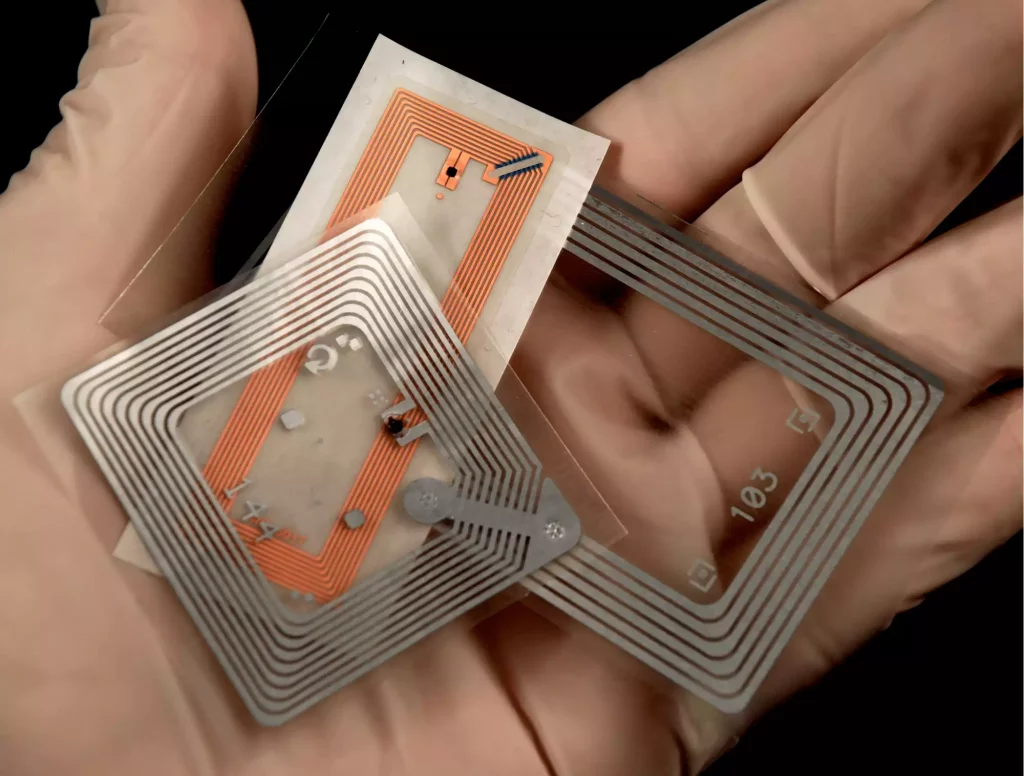Whether it's a question of inventory management and procurement, file tracking, administrative simplification, machine location, product traceability or people tracking, there are many aspects to consider. In this context, Iot technologies technologies are extremely useful!
Over the course of this article, we'll be looking at the benefits of good logistics in healthcare departments, and how to implement them. Stay tuned!
The challenges of hospital logistics
Hospitals and their challenges
While this has been especially true since the COVID-19 crisis, hospitals have always faced considerable material and human challenges. And of course, when people's lives are at stake, every minute counts. Among the most important challenges facing healthcare establishments, we can mention the following:
- The ability of caregivers to optimize the management of medical records, by easily tracking the services administered to each patient.
- Knowing each patient, so as to know which treatment to administer and avoid making mistakes.
- Optimization of the supply chain, ensuring rapid access to all the medicines you need.
- The need to work quickly, so as not to impact on the effectiveness of care.
- The need to maintain optimum health and safety conditions.
- The usefulness of tracing equipment and specific products.
- Guaranteed compliance with cold chain and drug storage conditions.
- Adaptability to unpredictable patient inflows and outflows...
Of course, as hospital facilities work around the clock, the volume of data and material to be managed is phenomenal. From meals to linen, records, beds, medical devices and hygiene services, not to mention waste management, everything needs to be perfectly organized.
At a time of unprecedented pressure on emergency departments and healthcare services, the right tools are essential. Hospital logistics is all about optimizing the management of physical, human and material flows. The aim is not only to increase the performance of all units, but also to ensure the safety of patients and the well-being of workers.
These are the challenges of an optimized hospital supply chain.
The benefits of good hospital logistics
Optimizing hospital logistics means improving workflows and eliminating all forms of waste. By centralizing data, knowing exactly what's in stock and automating non-value-added tasks as far as possible, you can focus on what's really important: saving lives. If we had to list the advantages of hospital logistics, we'd say that it enables :
- Perfect inventory management. You'll know in real time how much medicine you have, whether you're approaching a shortage, and whether you need to restock.
- Track your machines and medical devicesThis will save you time and increase your visibility.
- Speed up care and reduce the risks associated with medical emergencies.
- Perfectly track medical pathways and bill patients easily.
- Simplify communication between all hospital players.
- Enhance the well-being of both caregivers and patients...
To keep hospitals running smoothly, it's essential to rely on digital technology. And RFID and BLE beacons are among the major technologies that can be used for procurement, logistics and people tracking.
Here's what they are, and what they can do.
Why use RFID and BLE in hospitals?
RFID and BLE: What are they?
RFID, or radio frequency identification, uses radio waves to communicate information. The system simply consists of a tag and a reader, capable of reading and processing the data it receives.
The tag consists of a circuit that stores the information, and an antenna capable of transmitting it. Depending on the type of technology chosen, you can store greater or lesser volumes of data, and send them over distances ranging from a few centimeters to several tens of meters. The advantage of this technology is that you can detect tags without having to view them, which is very useful when you have several inventories to carry out! For example, a room with 30 assets can be inventoried in the space of 20 seconds.
The beacon, meanwhile, is a beacon just a few centimetres in size (the shape and thickness of a CHF 5 coin) that uses BLE (Bluetooth Low Energy) technology. Equipped with a built-in battery, it emits its own signal. This technology is interesting for its long range and low energy consumption. It's generally used when you're looking for precise geolocation of your equipment.
These technologies are widely used for product tracking, real-time geolocationasset and people tracking. And, as you'd expect, they're also formidable when it comes to optimizing hospital logistics.
How can IoT technologies support your hospital logistics?
Let's not forget: caregivers are not logisticians. The solutions offered to them should not increase their mental workload or stress levels, but rather relieve them! Hence the importance of opting for systems that are easy to use, intuitive and flexible. Precisely: IoT technologies are full of resources. They will enable you to manage flows and stocks optimally, by uniquely identifying each product, file or patient!
Whether the tags are located on a cardboard box, under a sample, in a wristband, on a machine or in a folder, they will give you instant visibility of the location of your patients and products. To support you in this, Solid has designed three distinct solutions:
SolAsset
Perfectly manage all your assets. Would you like to be able to locate your defibrillators, electrocardiographs or ventilators, but don't know how? Are you wondering how to take fast, accurate inventories of your equipment? Do you need devices for tracking item lifecycles?
Our system, based on RFID, BLE or barcode technologies depending on your needs, is ideal for all these situations. The principle is simple: install tags on the items to be tracked, and place readers throughout the hospital to identify and trace each of them. Whether they're immobilized, undergoing maintenance or currently in use, you'll know easily.
SolCare
for inventory management and medical services. Our mobile solution is designed to save you precious time, by simplifying the administrative side of your business.
By simply listing the care provided to each patient, you not only reduce the risk of errors, but also make it easier to invoice your services. Likewise, barcode systems placed on tubes, labels and other equipment, are there to facilitate your follow-up.
SolSample
Ideal for keeping track of your samples. With a smart tablet system, this solution identifies all the chipped objects you place in it, and even tells you how much liquid is left in each vial.
As soon as your bottles or shelves tend to empty, you can be alerted and restart supplies.
Are you interested in improving your hospital logistics? If so, don't hesitate to contact us. Based on your precise needs and budget, we'll propose the most appropriate solution. We'll also take care of deployment and potential maintenance: with Solid, choose performance and peace of mind!
